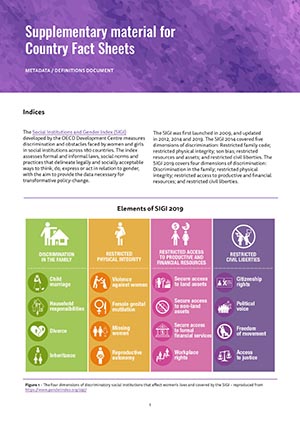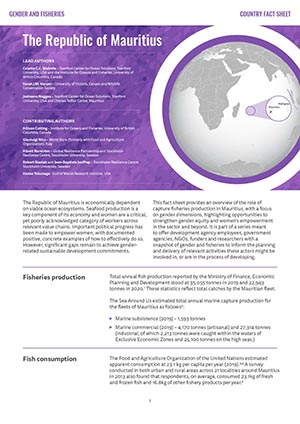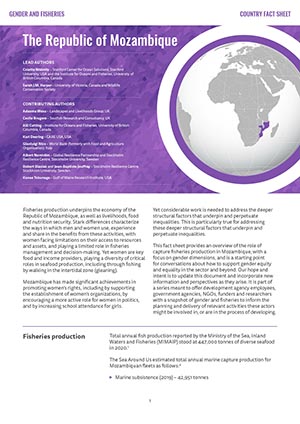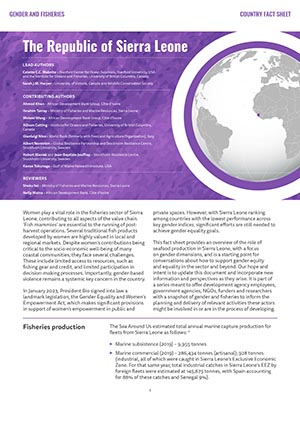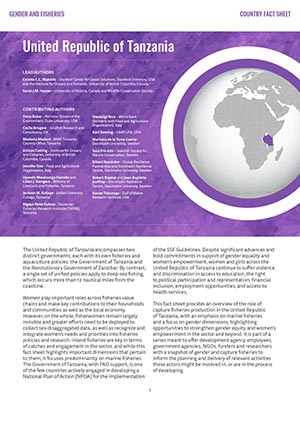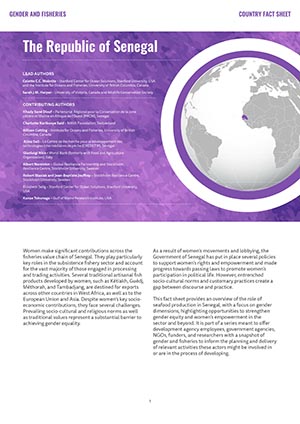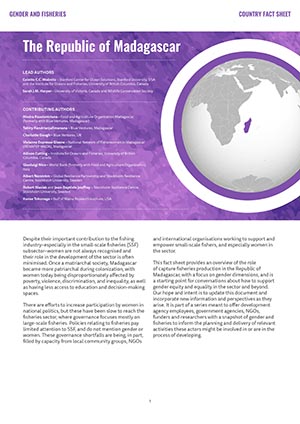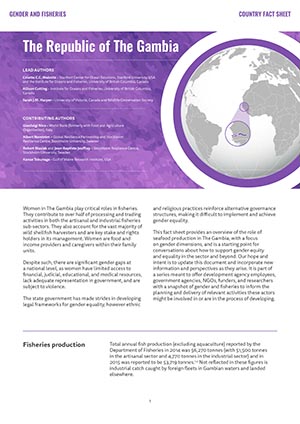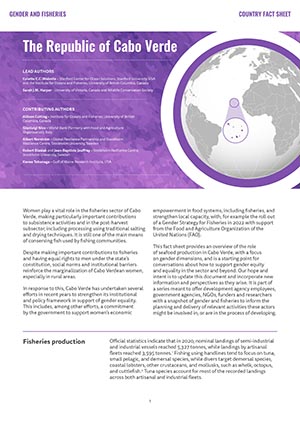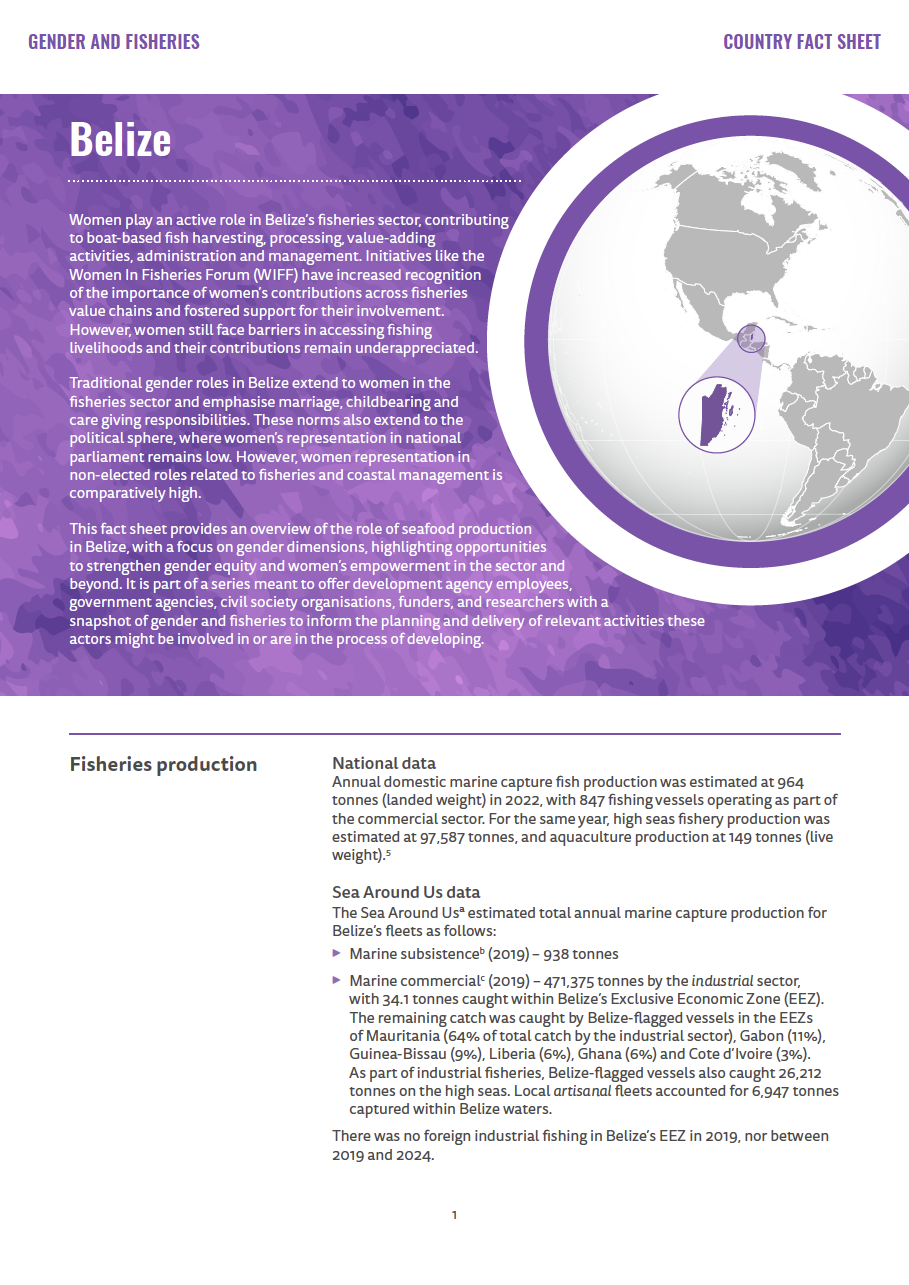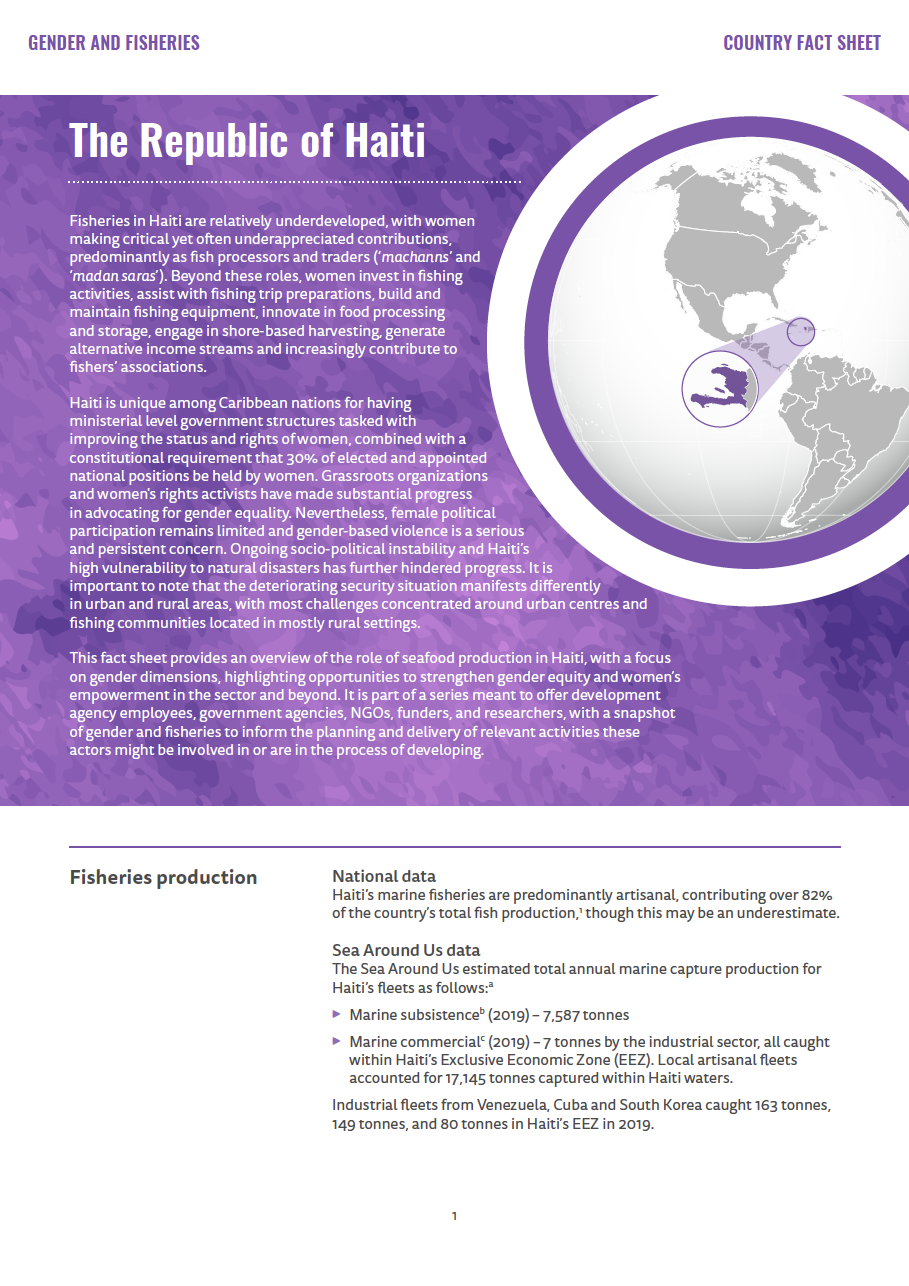Explore the latest knowledge on emerging ocean risks, and their implications on the resilience and human wellbeing on small island developing states (SIDS) and coastal least developed countries (LDCs).
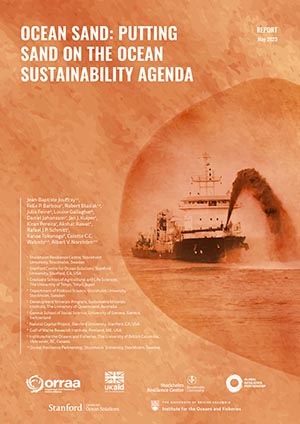
Ocean risk reports
Ocean sand – Putting sand on the ocean sustainability agenda
Sand is a fundamental feature of modern society. It is the second most used natural resource in the world, second only to water, and the single most mined material. In the ocean, sand forms the literal and figurative foundations upon which the future of coastal communities, biodiversity, and multi-billion-dollar industries rest. It acts as both a connector and a buffer at the land-sea interface while also underpinning local livelihoods and the rapid expansion of human activities into the ocean. The ubiquitous dredging industry, equipped to excavate, transport and dispose of sand, not only interacts with many ocean industries but also enables them, effectively orchestrating the mechanics of the ocean economy. This creates severe consequences for the surrounding ecosystems and the communities that depend on them. Yet, the importance of sand and its supply chain remains largely hidden from view and is rarely the focus of stakeholder groups traditionally involved in ocean planning.
Through a synthesis of the literature and spotlights from across the world, this report aims to put sand on the global ocean sustainability agenda by highlighting its relevance for ocean risks and resilience. It introduces the notion of ocean sand to embrace a more holistic approach to the sustainability and equity challenges posed by sand mining in the marine and coastal environment and proposes future pathways to trigger a step-change in how ocean sand is understood and governed.
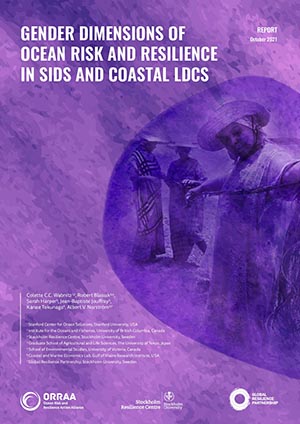
Ocean risk reports
Gender dynamics of ocean risk and resilience in SIDS and coastal LDCs
Both fisheries and tourism have been highlighted as pivotal sectors to achieving the SDGs. Women play important roles across fisheries value chains and throughout the tourism sector. Yet women’s roles, contributions, priorities and interests tend to be overlooked and undervalued across sectors as well as in policy and management. In addition, because of restrictive social-cultural norms women are underrepresented in policy and decision-making. Gender discrimination threatens to increase women’s vulnerability to ocean risks. Advancing gender equality benefits women and girls through improved welfare and agency. These benefits extend beyond the individual to women’s households and communities, helping countries realise their full development potential, especially within the context of a Blue Economy.
Through a synthesis of peer-reviewed and grey literature, and numerous case studies from SIDS and LDCs, this report highlights gender roles in two key sectors of the ocean economy (small-scale fisheries and coastal tourism), describes the gendered dimensions of ocean risks, and summarizes efforts across SIDS and LDCs for gender equitable approaches to building resilience to ocean risks.
Supplementary material
Supplementary table
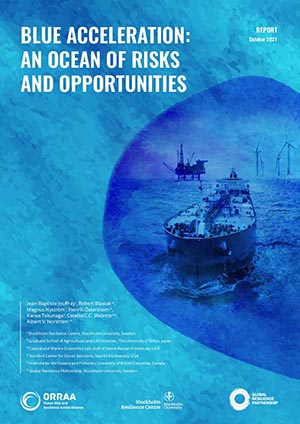
Ocean risk reports
Blue acceleration – an ocean of risk and opportunities
The prospect of a new era of blue growth poses unprecedented sustainability and governance challenges for the ocean, as marine ecosystems face cumulative pressures from local human impacts, global climate change and distal socioeconomic drivers. Driven by increasing consumption patterns, land-based sources decline, and technological progress, the hopes and expectations for the ocean as an engine of future human development are increasing and have become ubiquitous. Consequently, the prospect of a new era of blue growth is increasingly finding its way into policy documents and depicting the marine realm as the next economic frontier, resulting in considerable investments and the emergence of new ocean-based industries with a diversity of interests.This new phase in humanity’s use of the ocean, dubbed the “Blue Acceleration”, exhibits a phenomenal rate of change over the last 30 years, with a sharp acceleration characterising the onset of the 21st century, in stark contrast to the slow pace at which new policy is being developed. With two-thirds of the ocean lying beyond national jurisdiction and a fragmented ocean governance landscape, this poses great challenges and calls for a rapid transformation towards improved sustainability. But this scramble for the seas also poses issues of equity and benefit sharing: if there is a rush for the ocean, then who is winning? And who is being left behind?
Through a synthesis of peer-reviewed and grey literature, empirical data, and case studies from SIDS and LDCs, this report describes ut this show issues of equity and benefit sharing are playing out in the Blue Acceleration, highlights how SIDS and LDCs are at particular risk to stranded assets, and explores the role that finance, public or private, can play in assisting transformation towards an equitable and sustainable Blue economy.
Supplementary material
Supplementary table
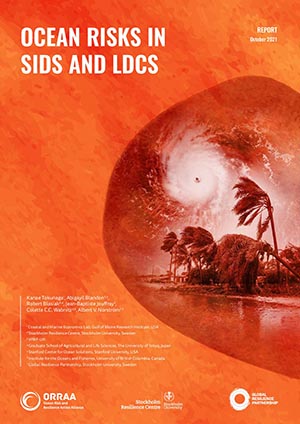
Ocean risk reports
Ocean Risks in SIDS and LDCs
Coastal communities SIDS and LDCs are unique in their position of vulnerability towards ocean-derived risks. They have high levels of exposure and sensitivity to these risks, in part owing to the heavy dependency on the sea for fisheries and tourism – core sectors that support their GDP, livelihoods as well as food security. The situation in these countries is changing rapidly, as is their exposure to different types of risks, and their ability to adapt and respond. The high dependence of many developing countries on tourism and imports and concomitant effects of the current pandemic and tropical cyclone Harold, for instance, are examples of how fragile some of the existing means of livelihood and food security are to external forces.
Through a synthesis of peer-reviewed and grey literature, empirical data, and case studies from SIDS and LDCs, this report describes the prominent biophysical and anthropogenic stressors and their impacts on SIDS and LDCs, highlights the key social-ecological features of SIDS and LDCs that shape their vulnerabilities to these stressors, and suggests potential ways that can support SIDS and LDCs to mitigate ocean risks and build resilience.
Supplementary material
Supplementary figures (docx) Supplementary table
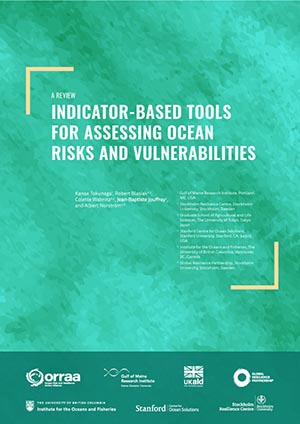
Ocean risk reports
Indicator-based tools for assessing ocean risks and vulnerabilities
The future of the ocean economy depends on our ability to navigate, mitigate and adapt to climate change and other environmental and socioeconomic shocks and their interlinked impacts. This brief provides an overview of existing indicator-based tools to assess ocean risks and vulnerabilities based on a systematic review of peer-reviewed articles and grey literature. It describes different approaches to conceptualizing risk and vulnerability, as well as the variety of metrics and data used in existing indicator-based assessments. The review identified a disproportionate focus on climate change (among the diversity of ocean risks) and that most studies neglect the complex interlinkages and cumulative impacts of different types of risk. Data gaps are a particular limitation for assessment of risk among Sub-Saharan small island developing states (SIDS) and coastal least developed countries (LDCs). Future research needs to identify ways to 1) understand interlinked and cumulative impacts from multiple stressors and risks, 2) conduct regular environmental and socioeconomic surveys in data-poor regions, and 3) overcome data challenges by developing and strengthening data-poor assessment methods such as use of fuzzy logic.
